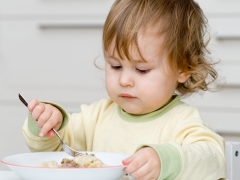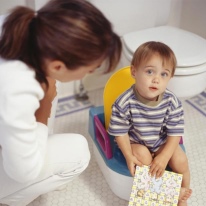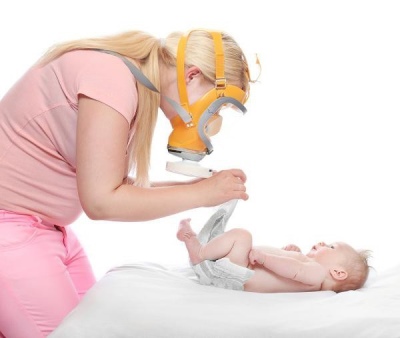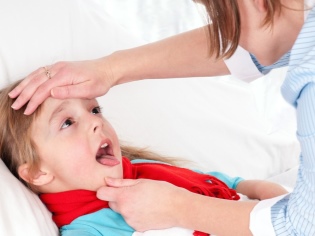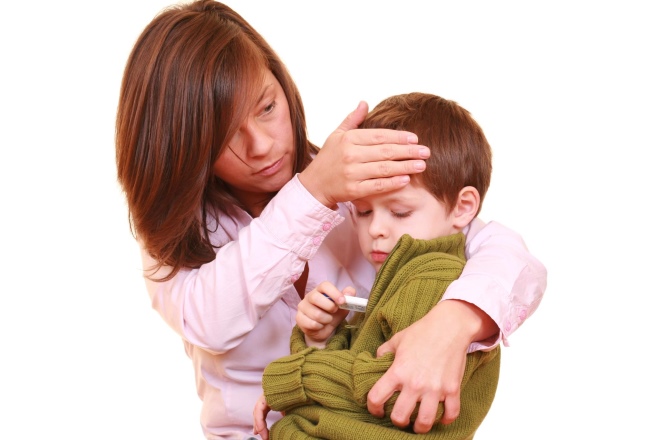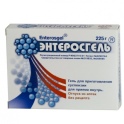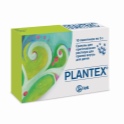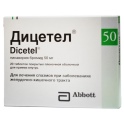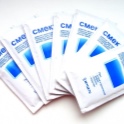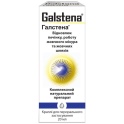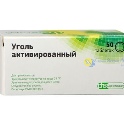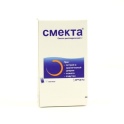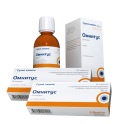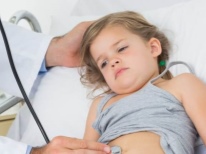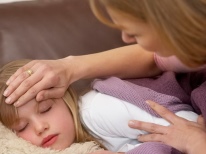Baby's upset stomach
Various digestive problems can occur in babies at different ages. Such food disorders in a child really scare mommy. Many parents find it difficult to take in such cases. To treat indigestion in babies should be completely different than in adults.
What causes?
Most often this functional disorder occurs in babies in the first year after birth. The digestive system of a newborn baby is still very sensitive to various new products. Improper treatment can lead to various chronic diseases of the gastrointestinal tract.
The reason that leads to indigestion, for infants often becomes the introduction of new foods in the diet. Children who have birth defects in the structure of the organs of the digestive system or who were born earlier than usual are usually more likely to suffer from eating disorders.
When introducing new foods to your baby for 1 year of life, try not to combine all the products in one meal. For example, the combination of meat and fruit puree can lead to an upset stomach in a baby. These foods should be given at different feeding times.
In babies at the age of 2 years, abnormal stool and upset stomach as a result of various viral infections are common.
Viruses, entering the body, cause severe intoxication and lead to the development of severe diarrhea.
Most often in 3 years, babies become infected with rotavirus infection. In this case, they have severe pain in the abdomen and appears multiple liquid stools. Treatment of rotavirus infection is symptomatic.
In older children, an upset personal hygiene often leads to an upset stomach. Pathogenic microbes fall into the hands while playing outside or using the toilet. If a child forgets to wash his hands well before eating or after going to the toilet room, then he can also easily catch the disease.
According to statistics, schoolchildren most often suffer from indigestion after eating poorly washed vegetables and fruits. Such products are a real biological bomb for a child’s body.
Insufficient processing of fruits and vegetables contributes to the preservation of pathogenic bacteria, which, if ingested in a short period of time, can cause digestive disorders in babies.
Main symptoms of indigestion
A variety of causes affecting the organs of the gastrointestinal tract lead to the development of a strong inflammatory process and disruption of the proper functioning of the organs. Typically, such a reaction occurs within a few hours from the moment the provocative product enters the children's body.
Started inflammatory process leads to the appearance of characteristic manifestations of the disease:
Soreness in the epigastric region and throughout the abdomen. Pain syndrome can change its intensity. Subsequent meals only aggravate the situation. The pain is of moderate intensity, pulling character. In some cases, there are colic.
Nausea and vomiting. The child is sick almost constantly. Relief brings only the use of anti-emetic drugs and sorbents. Vomiting is eaten content, multiple. After her child usually feels some improvement in health.
Loose stools. Usually it is frequent, with a very unpleasant sour smell.There are numerous undigested remnants of food in the fecal masses. The more abundant the stool, the more fluid and electrolytes the child loses. This leads to a deterioration of health and an increase in general weakness.
Bad condition. Children usually become very lethargic. They have decreased or no appetite. Any touch to the abdomen can increase pain. Children can sob, and with severe pain - even cry. With pronounced symptoms of electrolyte loss, babies constantly want to sleep. Babies refuse breastfeeding.
Temperature rise. Occurs when an upset stomach occurs due to infection with viruses. In viral infections, body temperature rises to 38-38.5 degrees. The kid can feel constant thirst, lose weight. Often there is a fever.
How to treat?
When the first symptoms of indigestion occur, be sure to show your baby to a pediatrician. Examination by a physician is necessary to rule out dangerous diseases that require immediate surgical intervention - they may hide behind similar symptoms. appendicitis.
If the pediatrician doctor did not reveal any dangerous surgical diseases during the examination and confirmed the presence of a functional disorder, then symptomatic treatment is prescribed. All drugs that are prescribed to babies, must be written out taking into account age.
All medications that are prescribed for indigestion can be divided into several groups:
Sorbents. They are used to eliminate toxic metabolic products that are formed during inflammation, as well as to normalize stool. Usually, babies are prescribed: «Enterosgel"," Smektu ", activated carbon. Apply these drugs should be 2-3 times a day for 5-7 days. Usually a positive effect is observed on the second day of administration. Such drugs are well tolerated and practically do not cause side effects.
Antispasmodics. They can be taken for pain. Usually used only as prescribed by the attending physician. Self-prescription and use of such funds can lead to a pronounced decrease in blood pressure and even aggravate the course of the disease.
Symptomatic. They are used to eliminate the concomitant symptoms occurring in indigestion. These include protirvotnye means, as well as drugs that normalize motility. Usually assigned to children older than two years.
During a eating disorder, be sure to give your child plenty of fluids.
Doctors recommend using for this fruit drinks or fruit drinks made from various dried berries or fruits. Also suitable for water-diluted fruit juices.
In severe cases, severe diarrhea requires oral rehydration. Used for this water-electrolyte compositions.
Infants at the time of the first couple of days of the disease should be limited input lures. Breastfeeding should not stop. The baby should definitely offer boiled water cooled to room temperature. Feed the baby on demand. On the first day of illness, the baby may refuse to breast and eat much less. This symptom will pass after the normalization of well-being.
During an upset stomach, you can eat well-boiled cereals cooked in water. Dairy products should be postponed until complete recovery of the baby. Fruit or vegetable puree in the early days of the disease can aggravate the condition and lead to more frequent stools. On the first day, doctors recommend reducing the total amount of food offered to the child. Do not overload the inflamed gastrointestinal tract with an excessive amount of products.
Prevention
Preventive measures will help reduce the likelihood of developing an upset stomach in your baby.Regular adherence to simple rules will keep the organs of the gastrointestinal tract in a healthy state.
For prevention, you can use the following tips:
Closely monitor everything that your child eats. All products must be fresh.
Babies should not introduce a large number of new products or mix at once all possible types of complementary foods in one meal.
Watch carefully as a child respects the rules of personal hygiene, especially babies up to 4-5 years old. Explain to your child and show by example that after each use of the toilet, after coming home from the street and after public transport, you must wash your hands with soap and water.
Enter into the diet baby new unfamiliar products with great care.
When the first symptoms of digestive disorders occur in babies, you should not panic!
Any indigestion is well treated. The baby, as a rule, quickly recovers and recovers. Prevention of gastric disorders helps prevent the development of adverse symptoms in the future.
You will learn more about gastric disorder in children in the following video.
